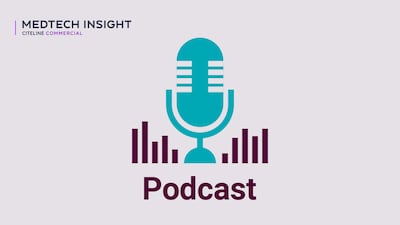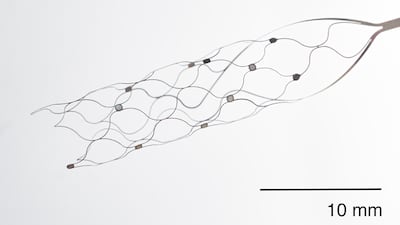It’s no news that hospitals are under pressure; the demand for critical care is growing dramatically as the average acuity of hospitalized patients rises with the increasing elderly population. At the same time, there is an acute shortage of registered nurses. Fortunately, this is exactly the sort of problem that lends itself to technological solutions, and manufacturers of patient monitoring equipment are responding to this challenging environment by providing advanced portable and telemetry monitoring systems that enable hospitals to provide the continuous monitoring of critically ill patients, regardless of their location within the hospital, and often at a lower cost than could be achieved using traditional bedside systems.
Portable and telemetry systems are two of the highest growth segments in the US patient monitoring market, according to Windhover Information/Medtech Insight’s recently published report, US Markets for Patient Monitoring Products, which forecasts compound annual growth rates (CAGR) of 8.5% and 13.0%, respectively, in these segments through 2012







